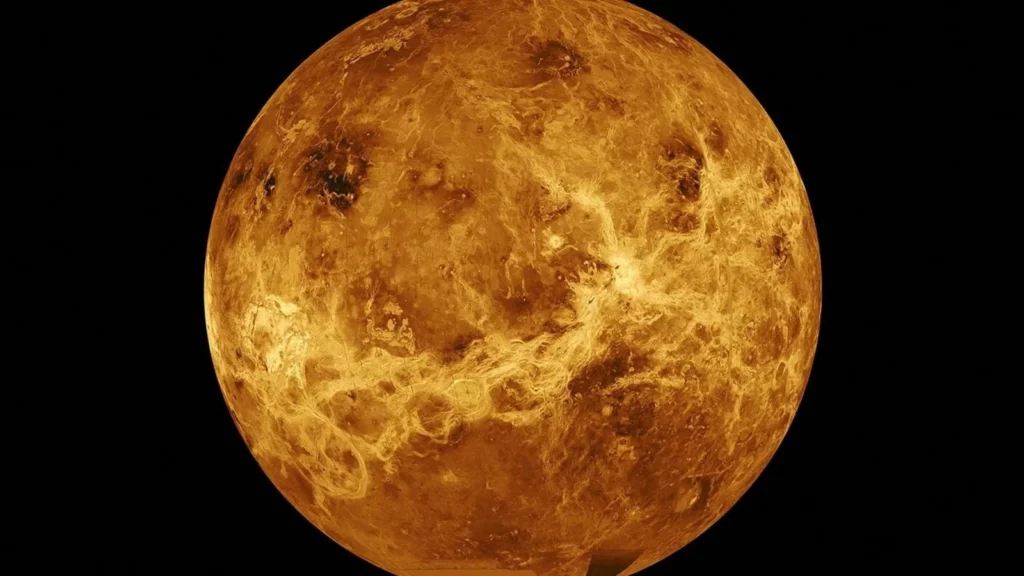Unveiling Venus: A Cosmic Mystery Unfolds
A Shocking Escape: Oxygen and Carbon on the Run
Often dubbed Earth’s ‘evil twin’, Venus now seems to be living up to its notorious title more than ever. Recently, a striking discovery was made when the BepiColombo spacecraft swooped by Venus, uncovering that oxygen and carbon are literally flying off the planet’s atmosphere at alarming speeds, escaping Venus’s gravitational pull like cosmic fugitives.
This eerie phenomenon was captured during the spacecraft’s fleeting visit which provided a rare glimpse into the planet’s ‘induced magnetosphere’—a sort of cosmic shield formed from the battle between solar winds and Venus’s atmospheric particles. What’s compelling here is the way these gases, usually slow movers due to their heaviness, are zipping away into space.
Is Venus’s Past Earth’s Future?
Historically, Venus wasn’t always this barren escape artist we see today. Scientists speculate that Venus was once awash with liquid water, more akin to our own Earth than the fiery inferno it is today. What turned Venus into a dry, scorching hell? The culprits appear to be its own atmospheric conditions and solar interactions which stripped it of its water and are now robbing it of its vital gases.
The recent findings emphasize the dynamic and volatile nature of planetary atmospheres and pose a chilling question: could Earth’s atmosphere undergo a similar catastrophic fate? As we continue to explore and understand Venus, it serves as a stark reminder and a natural laboratory for studying potential runaway greenhouse effects on Earth.
Upcoming Missions: Peeling Back Venus’s Cloudy Veil
With new missions lined up from ESA, NASA, and ISRO, the next decade promises to unravel more about Venus’s atmosphere and its historical evolution. The findings from these missions could provide crucial insights into atmospheric escape phenomena and help us safeguard our own planet from a potentially perilous future.
As we delve deeper into the mysteries of Venus, we may uncover not just the secrets of its past, but also the keys to protecting Earth’s future. Does the fate of Venus foretell our own, or can we learn in time to avert a similar fate?






